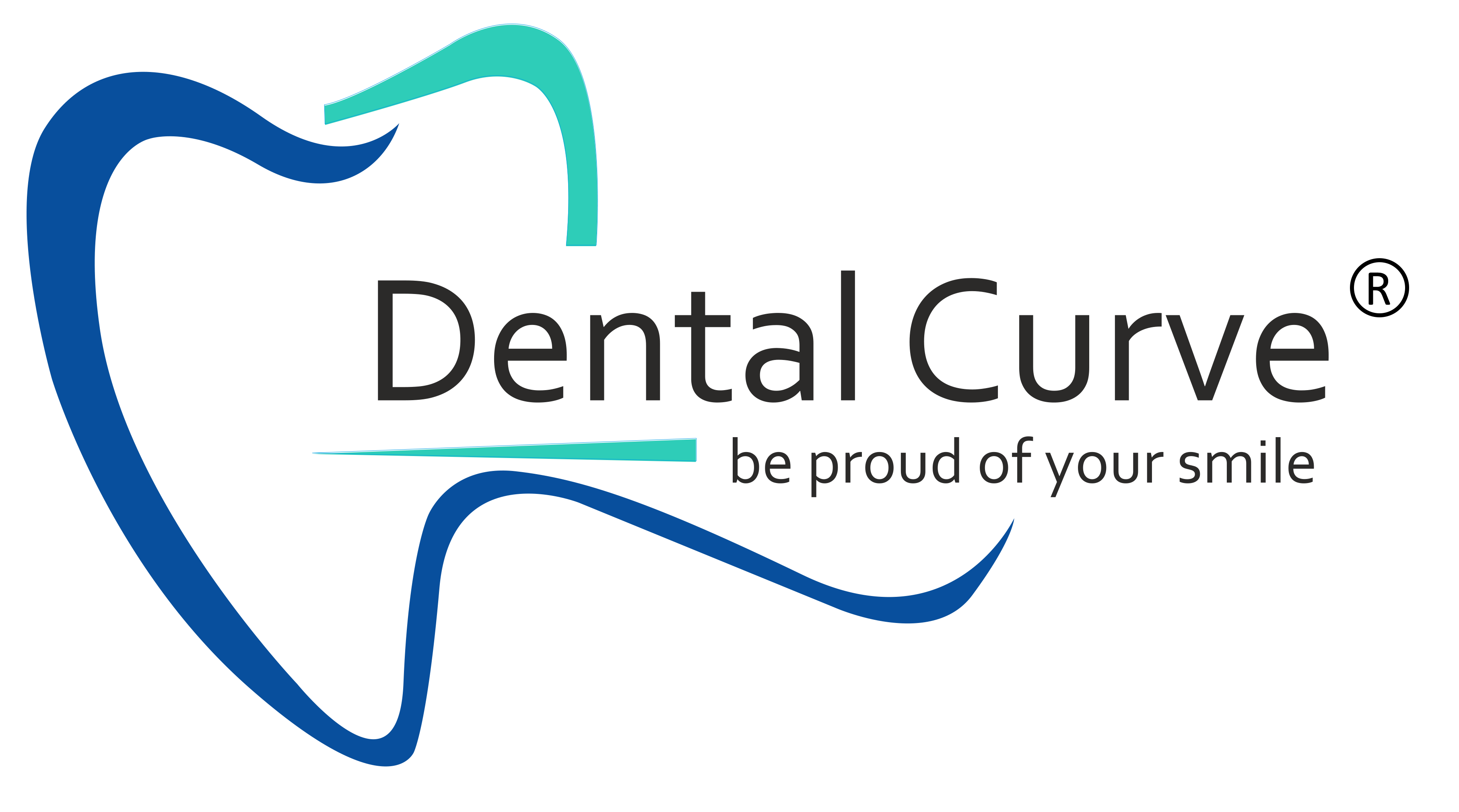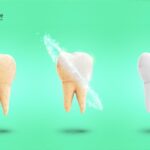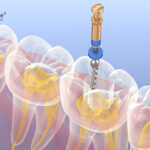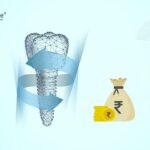Teeth grinding, also known as bruxism, is a common condition that affects many people of all ages. It involves the involuntary grinding, clenching, or gnashing of teeth during sleep or while awake. While occasional teeth grinding may not be harmful, chronic bruxism can lead to serious dental problems, such as tooth fractures, worn-down teeth, and even gum recession. In this article, we will explore the causes and treatments for teeth grinding.
CAUSES OF TEETH GRINDING
The exact cause of bruxism is not fully understood, but it is believed to be linked to a variety of factors, including:
- Stress and Anxiety: Bruxism is often associated with stress and anxiety. People who experience high levels of stress or anxiety are more likely to grind their teeth.
- Abnormal Bite: Misaligned teeth or a faulty bite can cause the jaw muscles to work harder than normal, leading to bruxism.
- Sleep Disorders: Sleep apnea and other sleep disorders can cause teeth grinding as a side effect.
- Medications: Certain medications, such as antidepressants, can cause bruxism as a side effect.
- Lifestyle Habits: Lifestyle habits such as smoking, drinking alcohol, and caffeine consumption can also contribute to teeth grinding.
TREATMENTS FOR TEETH GRINDING
The treatment for bruxism depends on the underlying cause of the condition. Here are some common treatment options:
- Stress Reduction: Managing stress and anxiety through relaxation techniques such as yoga, meditation, or counseling can help reduce teeth grinding.
- Mouth Guards: A custom-fitted dental mouthguard can help prevent teeth grinding by keeping the teeth separated and reducing the pressure on the jaw muscles.
- Orthodontic Treatment: If misaligned teeth or a faulty bite is the cause of bruxism, orthodontic treatment such as braces or Invisalign may be necessary.
- Medications: In some cases, medications such as muscle relaxants or anti-anxiety drugs may be prescribed to help reduce teeth grinding.
- Lifestyle Changes: Reducing alcohol and caffeine consumption, quitting smoking, and maintaining a healthy diet can also help reduce teeth grinding.
- Botox Injections: Botox injections can be used to relax the jaw muscles and prevent teeth grinding. This treatment option is generally reserved for severe cases of bruxism.
- Surgery: In rare cases, surgery may be necessary to correct an abnormal bite or jaw misalignment that is causing bruxism.
PREVENTION OF TEETH GRINDING
While there is no guaranteed way to prevent teeth grinding, there are some steps you can take to reduce your risk of developing the condition:
- Reduce Stress: Managing stress and anxiety through relaxation techniques such as yoga, meditation, or counseling can help reduce teeth grinding.
- Wear a Mouth Guard: A custom-fitted dental mouthguard can help prevent teeth grinding by keeping the teeth separated and reducing the pressure on the jaw muscles.
- Avoid Alcohol and Caffeine: Reducing alcohol and caffeine consumption can help reduce teeth grinding.
- Quit Smoking: Quitting smoking can also help reduce teeth grinding.
CONCLUSION
Teeth grinding, or bruxism can cause serious dental problems if left untreated. If you suspect that you or a loved one may be grinding their teeth, it is important to seek treatment from a dental professional. The treatment options for bruxism vary depending on the underlying cause, but stress reduction, mouth guards, and orthodontic treatment are all common options. By taking steps to manage stress, wearing a mouth guard, and maintaining a healthy lifestyle, you can reduce your risk of developing this condition and protect your teeth and gums for years to come.









